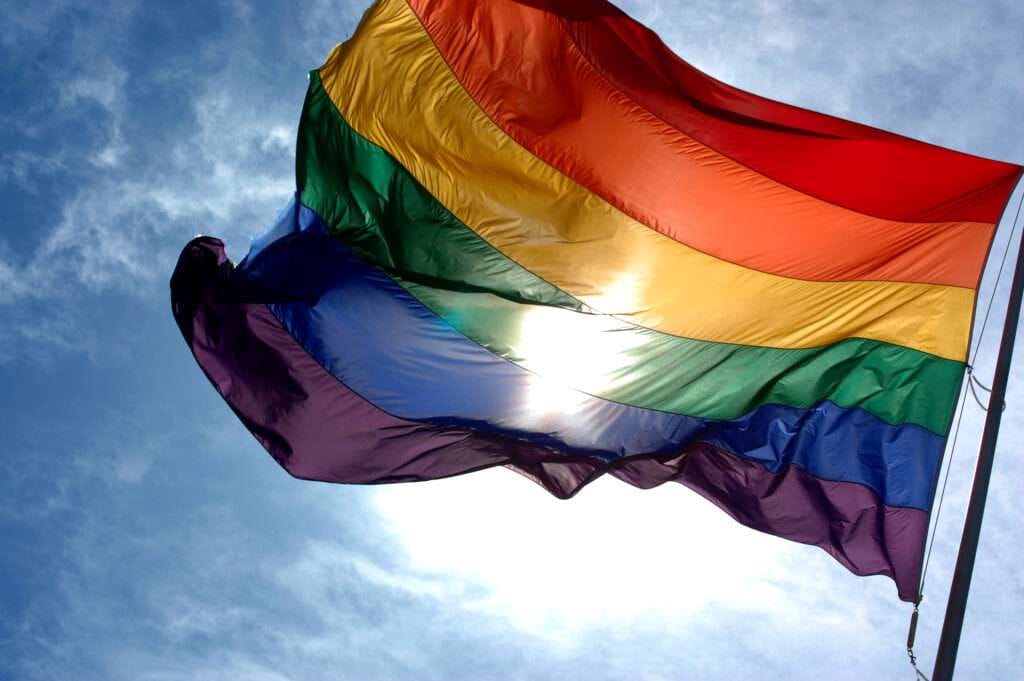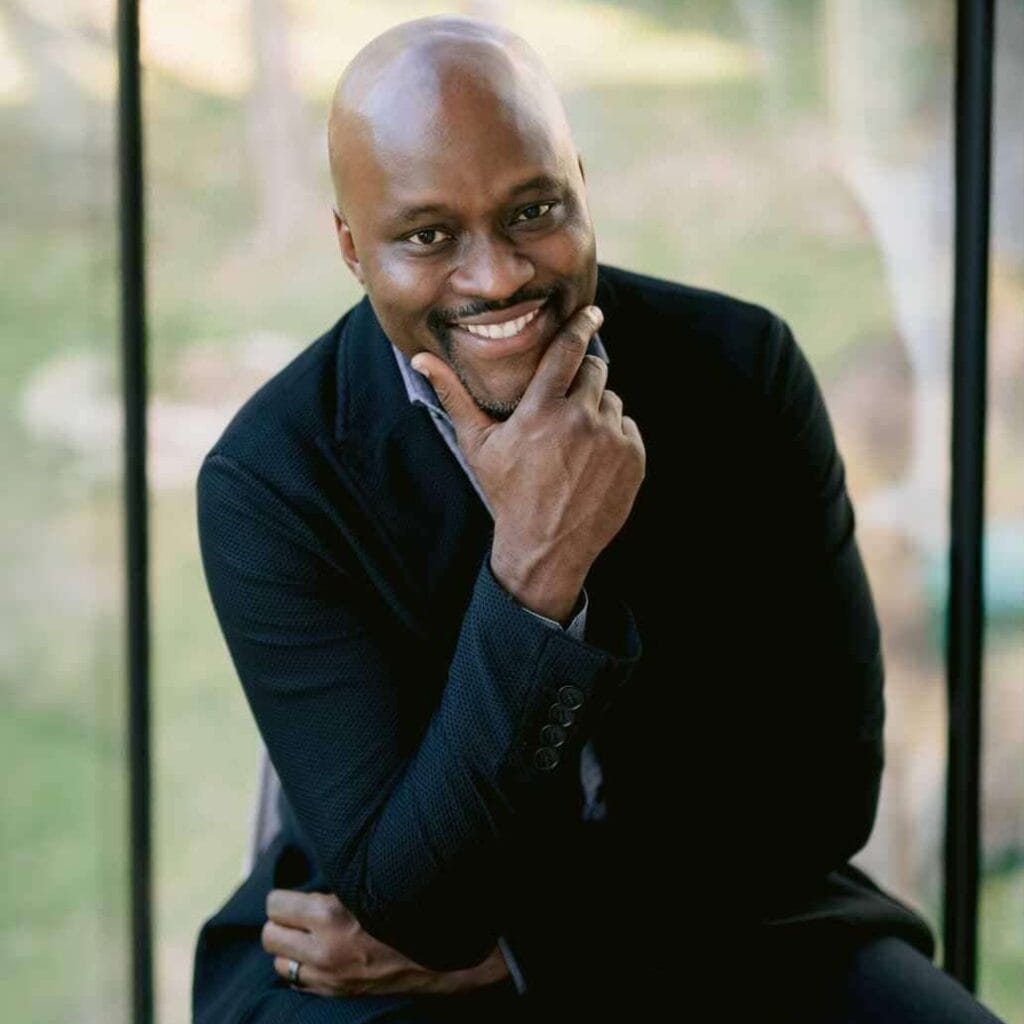From Ground Zero to Hope: Reflecting on Loss and Looking Ahead

As we honor those who lost their lives on September 11th, let us also commit to creating a future free from hate and division. A future where we engage with one another as fellow human beings, even when we disagree. Let’s work toward a world filled with hope, connection, and peace—where our shared humanity triumphs over our differences.
The Quiet Strength of Supporting Others

If you’re already a dedicated “Giver” who uplifts others, a heartfelt thank you for your contributions to the circle of support. For those who frequently receive such kindness, pause and ponder: Are you also extending a helping hand to others? Remember, even the smallest gestures of encouragement or acknowledgment can have a profound impact on someone’s life. Whether it’s a simple share, a kind message, or a valuable connection, each act of giving back holds immense significance.
The Dangers of Not Assuming Positive Intentions

Assuming positive intentions lets us listen fully and process information before responding. This leads to more constructive and respectful dialogue, even if we disagree. It encourages us to consider the other person’s viewpoint and respond thoughtfully instead of reactively.
Pride and Prejudice: Navigating Life as a Black Gay Man

Pride means different things to different people. For me, Pride is a celebration of authenticity, a bold affirmation of identity, and a poignant reminder of the journey I’ve taken to get here. As a Black gay man who grew up in a Baptist church in Chicago, my path has been shaped by the intersection of […]
My Professional Journey

Many people know me for my work in one particular area of my life, but few are aware of the various roles and responsibilities that fill my days and keep me active. I’d like to share a bit about myself and my multifaceted professional journey. I am currently an independent board director serving on the […]
On Respect and Conversations

Explore the nuances of freedom of speech and the diversity of life choices in my latest blog. From a thought-provoking women’s panel to personal reflections on respect for different paths—whether it’s excelling in the corporate world, tirelessly raising children as single parents, or embracing the role of stay-at-home dads. Join the conversation on understanding and valuing the unique journeys that shape our society. Read more about fostering a dialogue that is both empathetic and inclusive. #DiversityInChoices #Empathy #FreedomOfSpeech
Weekend Reminder for Quarantined Friends
For those of you working from home, I wanted to share a quick weekend reminder: 1. Be grateful. So many people have lost their jobs permanently or are furloughed. I’m Christian and thank God. You might do the same or simply whisper positivity into the Universe. 2. Say thank you. Your family is likely just […]